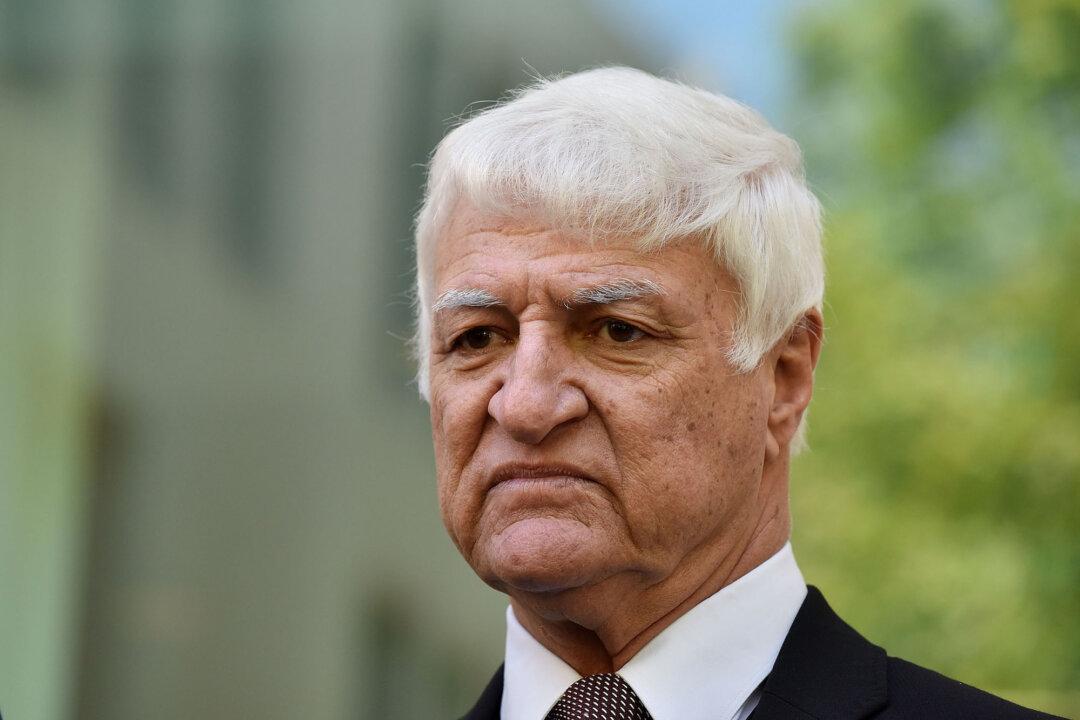Queensland MP Bob Katter wants Australians to urge their MPs to support a parliamentary inquiry into Chinese Communist Party’s influence at universities before it goes to a vote in the House of Representatives.
“The motion I will move on August 31 calls on the Government to undertake a comprehensive study of the efforts by the Chinese Communist Party (CCP) to exert influence over Australia’s universities and means by which it seeks to do so,” Katter said in a media release.





